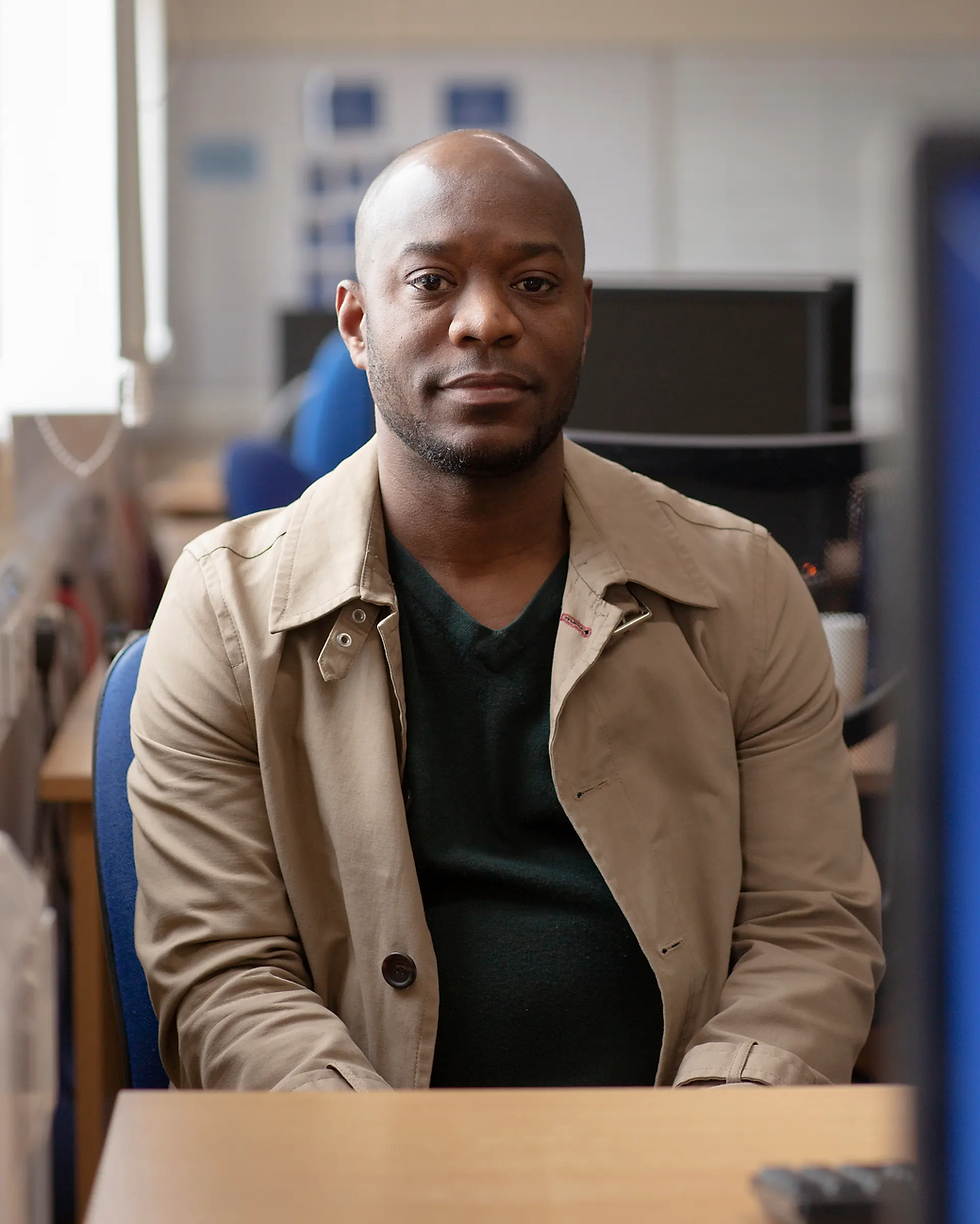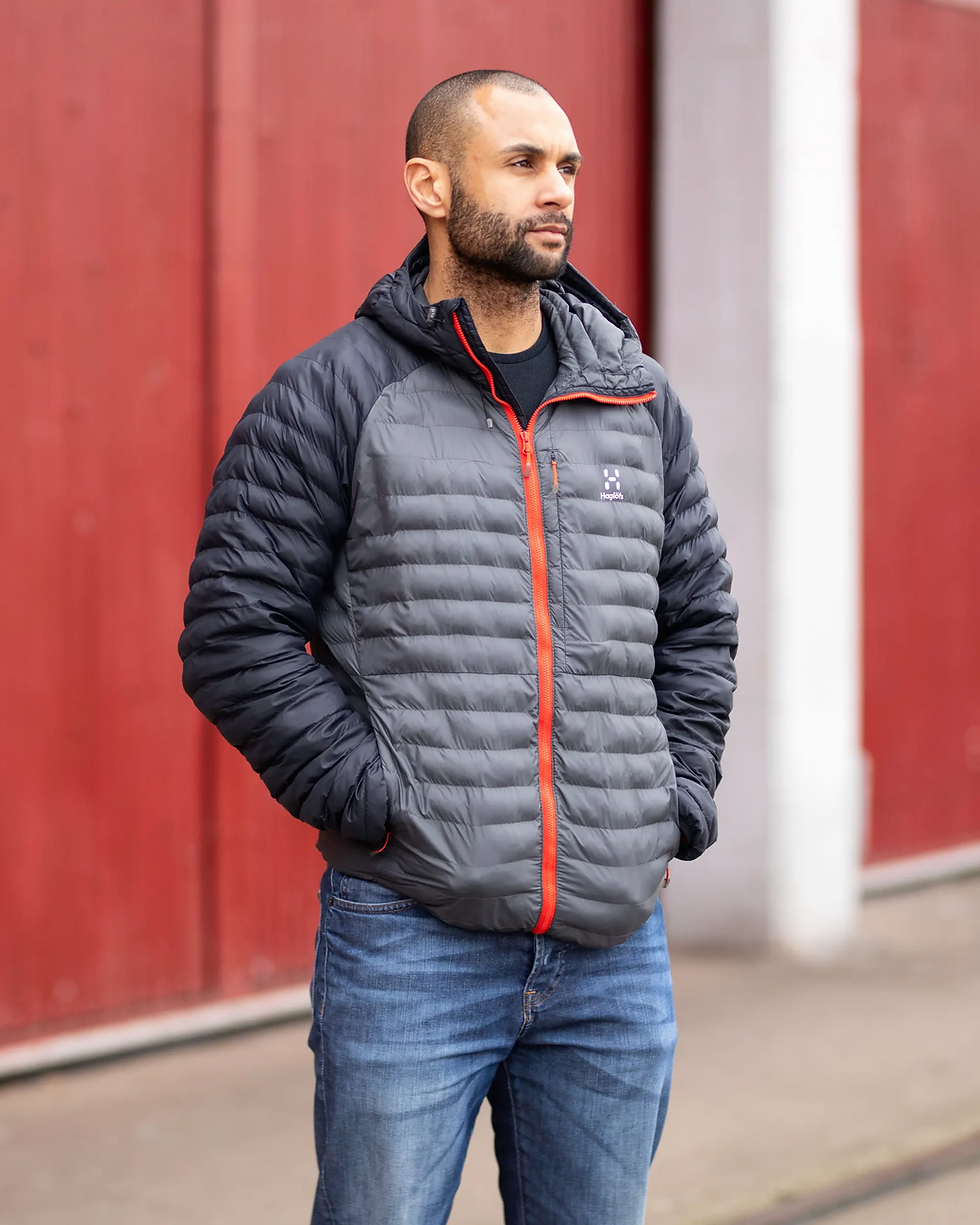EXCLUSIVE: how BAME police is having a positive impact on others from underrepresented background
With the government pledging to recruit an extra 20,000 police officers in three years, there has perhaps been no better time to join the police. Detectives have especially bright prospects, given the ever-changing criminal landscape and the need for investigative expertise.
Police Now – an independent social enterprise, with a mission to transform communities by recruiting, developing and inspiring leaders in policing – delivers a National Detective Programme, focused on advanced investigations and a National Graduate Leadership Programme, which focuses on neighbourhood policing. Here, three recruits, all from black, Asian and minority ethnic (BAME) backgrounds, bring their experiences to life.

Mtitimila presented his work on disrupting “county lines” drug dealing with Cressida Dick, commissioner of London’s Metropolitan Police when he finished the National Graduate Leadership Programme in 2018. “In some of my work, I have experienced gangs in cities target people in rural areas who had mental health problems or drug addiction and use their house as a nest to sell class A drugs,” says Mtitimila, who is based in Cheshire.
His solution was to tackle county lines drug dealing at its source: the rural drugs nests. He focused on shutting down these premises, which were often home to some of the most vulnerable people in society. This highlights how policing has a tangible positive impact on disadvantaged communities – one of the reasons he signed up for the force in the first place.
He joined the programme in 2016 to improve the lives of people in disadvantaged communities after a stint as a study support assistant at a college. “I’ve had a fortunate life and want to give back and work with people who are less fortunate,” he says.
Another reason Mtitimila was motivated to join the force is because of the negative experiences of being stopped and searched as a teenager. “The search wasn’t necessarily unfounded. The problem was a lack of communication. I’m not sure I understood why I was being searched other than for mooching around with my hood up.”

He signed up to change stop-and-search techniques, to make them a more positive experience for those being asked to comply. Through a multicultural network of colleagues, he has given feedback to “nudge” officers into changing techniques. “I ask: how would you stop and search your mother? You’d be very polite and respectful. That’s how we should treat people, they are humans at the end of the day. Sometimes we recover drugs or knives, but often searches are negative. They’re innocent until proven guilty.”
His leadership skills have grown by leaps and bounds because he was given responsibility for managing and leading other police officers early on in his career, even those with more experience. The programme taught him to tap into people’s reasons for being a police officer and to assign them roles accordingly, to keep morale and engagement up. “If someone likes getting into drug investigations, you might have them at the front going through a door on a drugs warrant. It’s about knowing the people around you, and that everyone’s motivation is different.”
After the programme, he moved into a “high-octane” response team, then became a detective and is currently training to become an inspector. He ultimately hopes to move into a management job to improve processes, whether optimising shift patterns, improving mental health support for officers, or how the police communicate information to the public and media. “I want to improve procedures to deliver policing better. This is where I can have the greatest positive impact.”
Fanibe was in McDonald’s during his lunch break recently when a young black man serving him a coffee asked for his advice on joining the police. “The confidence he gained from seeing a black guy in a police uniform legitimised this career path,” says Fanibe, who is originally from Nigeria and moved to the UK for university. “I want to be a role model for the black community.” It’s worth noting, however, that all recruits need the indefinite right to work in the UK.

Fanibe, who is in his late 30s, joined the National Detective Programme last year after working in quotes and customer finance at British Gas and hopes to build rapport with all communities of society. Currently doing a rotation in a team responding to 999 calls in Manchester, he was recently called to an assault. At the scene, a group of people from eastern Europe gravitated towards Fanibe. “They found it easier speaking to me, because of the trust they had in me simply because I was a minority too,” he says. “People put barriers up sometimes. I want to break them down.”
A positive experience with the police after a burglary at his Manchester home was what got Fanibe excited about a career in policing. “The officer who came showed genuine care and empathy that put me at ease in a very stressful scenario,” he says. “We can make a big difference in how people feel about crime through our communication.”
The detective programme has increased Fanibe’s resilience and made him more confident as a leader. “You have to go to a certain place in your mind when things get tough,” he says. “I have been called to situations where there was blood everywhere, someone was hurt, I had to call an ambulance. My supervisor also threw me in at the deep end, putting me in charge of the other emergency responders, to allow me to show my leadership skills. I think I managed the crime scene well.”
Brown was a firefighter for a decade before he signed up for the detective programme in search of variety. “There is lots of variety in policing – you can work on tackling cybercrime and serious organised crime,” he says.

It was a big decision to change his career, but Brown finds policing in Avon and Somerset rewarding. “It wasn’t an easy decision, but I wanted a different way to make an impact on society,” he says. “The thing that energises me about policing is the pace in which I can help the most vulnerable in challenging times.
“There are transferable skills that I have brought with me, including resilience in challenging times. I can make decisions with clarity of thought, without the adrenaline taking over.”
Brown plans to join a detainee investigation team and has learned the PEACE framework for interviewing people in custody – the framework takes a conversational, non-confrontational approach to getting information from an investigation interview subject. “It helps you find the truth, to be able to link a suspect to a crime, or at least understand how something happened.”
He has also become forensically savvy. “If you’re on a crime scene, it means not contaminating potential evidence by walking over or touching things – a simple cigarette butt might contain DNA that is vital to a case,” Brown says.
The training was rigorous, helping to get him ready for policing. He also built up a network for sharing ideas and joined a movement of people wanting to help society. It’s no surprise that he recommends the programme to others: “A job in policing is fulfilling, despite the risks involved. It’s about helping the vulnerable, and you do it to make a difference.”
Source: The Guardian







Comments